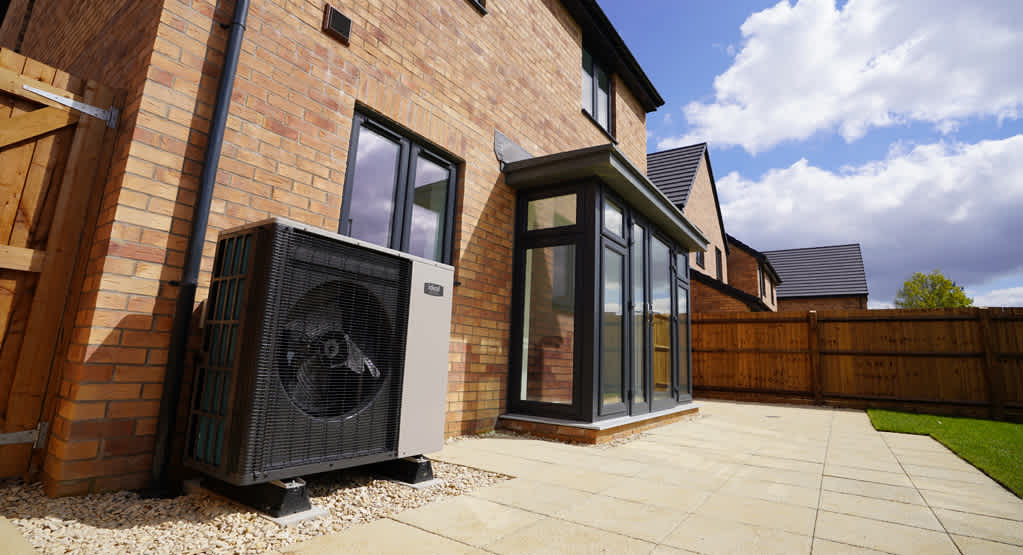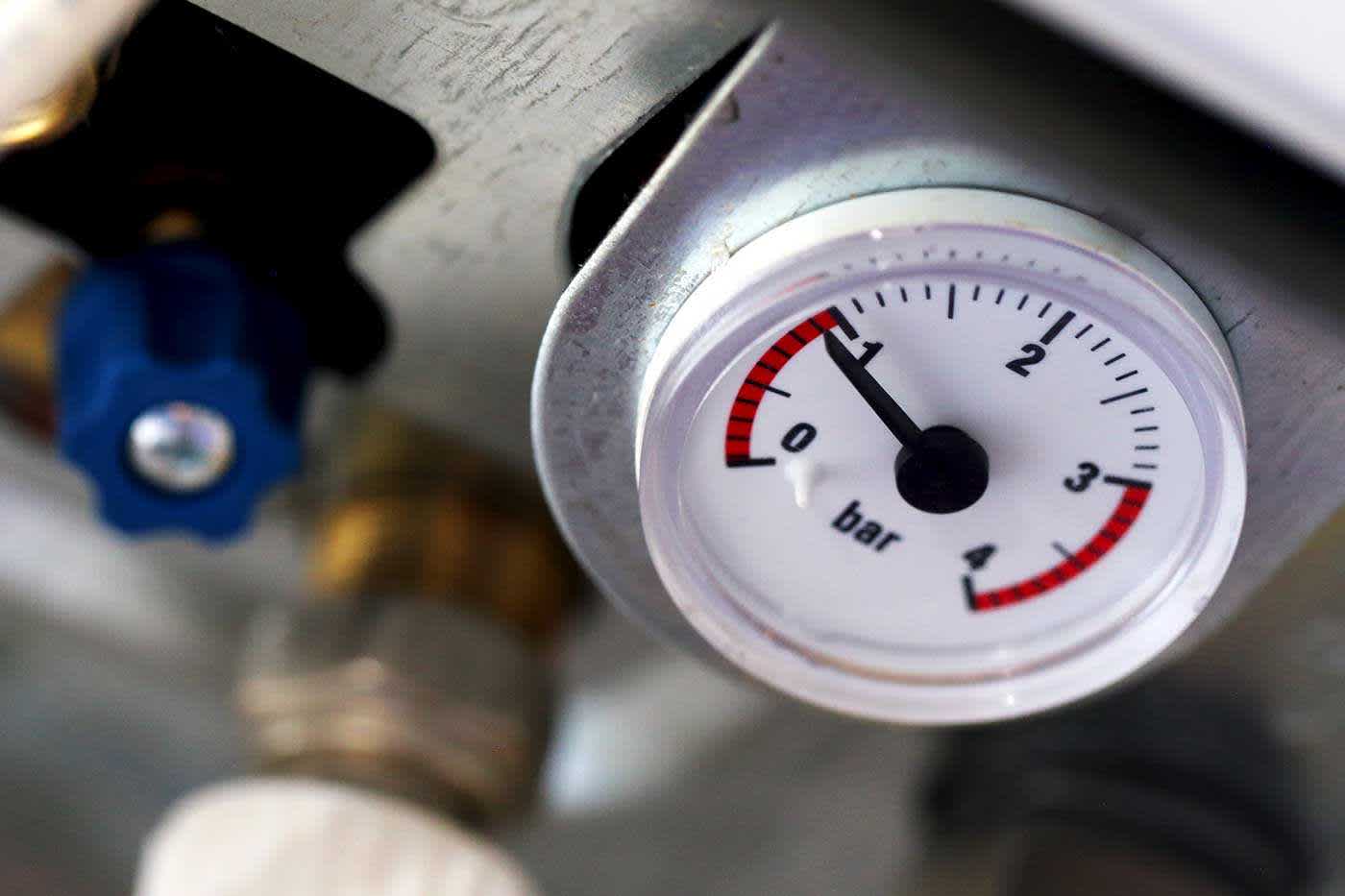
Do heat pumps work in winter and cold weather?
If you’ve made the switch to a heat pump or are considering a heat pump for your home, you’ll probably be wondering how well it will work in the winter. After all, the colder months are when your heating system is most needed, and you want to ensure you’ll be kept warm no matter the temperature outside.
In this guide, we’ll answer all of your burning questions about heat pump efficiency in cold weather. For a broader look at heat pumps, see our expert heat pump guide. For engineers, our heat pumps for installers page will have all the information you need.
How do heat pumps work in winter?
Before understanding how heat pumps work in winter, we first need to understand how they work in general.
Heat pumps extract energy from the air using substances called refrigerants that have very low boiling points. As air passes through the heat pump energy is transferred to the refrigerant causing it to boil and become gas. It’s then compressed to increase the energy and temperature even more, and this energy is then transferred to the water that will flow round the heating system.
But how does a heat pump work when the weather outside is cold?
It’s a common misconception that in winter, there will be no heat in the outside air for your heat pump to warm your home with. However, the refrigerant liquid is so heat sensitive that even very small traces of heat in the air (and air always contains at least some heat energy) are enough to boil it.
Heat pump efficiency in cold weather
One of the greatest advantages of a heat pump is its efficiency, often 300-400%. This means that the heat energy produced is three to four times more than the electrical energy input.
As mentioned above, winter means that there isn’t quite as much heat energy in the air, which does decrease a heat pump’s efficiency. However, it is worth noting that despite this, air source heat pump efficiency in winter is still higher than that of a boiler. See our guide to heat pumps vs. gas boilers to further explore the differences between the two.
To understand heat pump efficiency in cold weather, you will need to look at your pump’s SCOP. SCOP stands for Seasonal Coefficient of Performance and is a measure of how your heat pump performs all year round, including the colder months. This accounts for slightly lower efficiency in winter.
How to maximise air source heat pump efficiency in winter
Follow our tips to ensure your heat pump works as efficiently as possible in winter.
Schedule heat pump servicing before winter
Winter is when you need heating the most - so book your servicing with an engineer in summer or autumn to ensure your heat pump is in optimum working condition.
See our blog on what to expect from a heat pump servicing to understand more about this process.
Keep your thermostat at a set level
We know that on those chilly days, you want to turn the thermostat right up - but it’s important you resist the urge. Heat pumps are most efficient when working at a consistent level, as turning up suddenly forces them to work harder than expected.
Of course, if you’re really chilly, you can turn your thermostat up; just avoid lots of sudden up-and-down changes. Ideal heat pumps have weather-compensating controls, which means the heat pump already knows to work that little bit harder in the cold and to ease off in the milder months.
Remove airflow restrictions
As the amount of heat in the air is low in winter, your heat pump needs to be able to take in a large volume of air to collect enough heat energy without overexerting itself. A lack of airflow can also cause your heat pump to frost up in winter, as it causes the evaporator to become colder than the surrounding air.
You can prevent this by making sure there are no objects in front, and removing leaves and debris from the back of your heat pump for optimum airflow.
We also advise against using a heat pump cover unless absolutely necessary. This can significantly restrict your heat pump’s airflow.
What is the lowest temperature a heat pump can work at?
While the lowest temperature heat pumps can operate at varies, almost every air source heat pump can work at sub-zero temperatures, often at least -15C, making them well equipped for British winters, which are an average of 2-7C.
If you’re still unsure about how well a heat pump can handle cold climates, over two-thirds of Norway’s homes use heat pumps, and the winters there are an average of -6.8C.
At Ideal Heating, our Logic Air heat pumps work effectively at as low as -20 degrees.
Will running my heat pump cost more in winter?
Due to heat pump efficiency being lower in cold weather, your heat pump will use more electricity to function, driving up energy costs for your home. However, heat pumps are still highly efficient in winter and will produce more heat energy than the electrical energy input. See our guide to heat pump costs for more information.
Explore our fantastic range of heat pumps today or see our blog for more advice on heating your home.

















